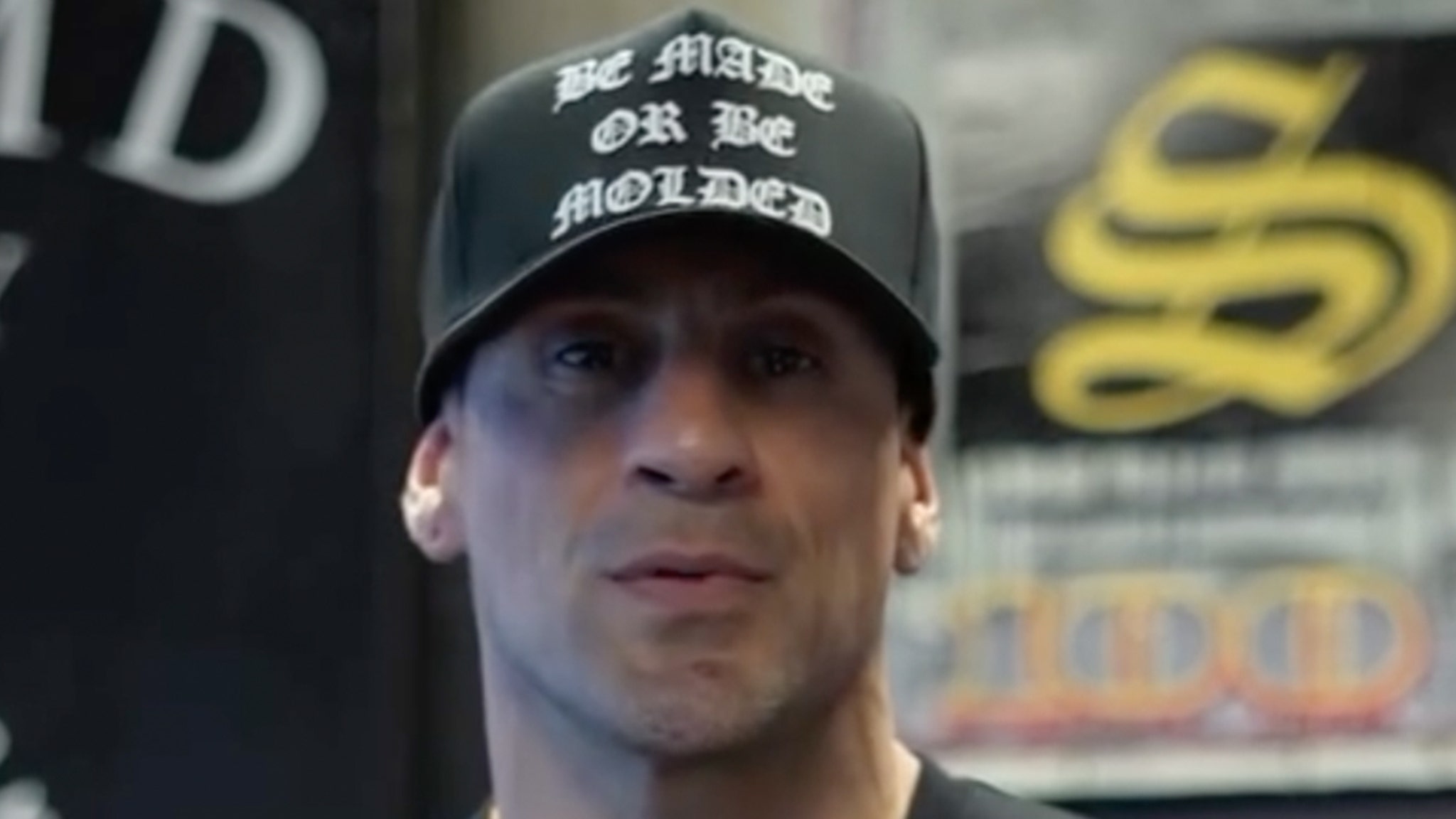Bussiness
How Kamala Harris’ and Donald Trump’s policies may impact businesses

Presidential candidates Kamala Harris and Donald Trump have both made big promises when it comes to their plans for businesses in America.
While Harris has called for a small business tax credit plan, Trump has centered his platform on business-friendly policies and lower taxes.
Depending on which nominee ends up in the White House, the realities for small and big businesses in America could look very different.
SAUL LOEB/AFP via Getty Images
Business Under Harris or Trump
Thus far, Harris’s platform has focused on lowering costs for everyday Americans when it comes to affordable housing, grocery prices and child care.
Trump previously said he wanted to expand his 2017 tax cuts for nearly all Americans and limit the amount of illegal immigration while pushing tariffs on U.S. imports.
His new proposed tariff includes a 10 percent tariff on U.S. imports and 60 percent on Chinese shipments in an effort to move more production to the United States.
Harris has promoted tax cuts for middle-class and low-income Americans, but the rich and large corporations would likely face tax hikes under her administration.
Harris has echoed Biden’s plans, saying she supports raising the corporate tax rate from 21 to 28 percent. The richest households in America could also see a 25 percent minimum tax, with capital gains taxes increasing as well for people earning more than $1 million a year.
Harris also made headlines for her policy plan to crack down on price gouging in grocery stores and by landlords.
Among her other proposals for down payment assistance for first-time homebuyers and an affordable housing fund, Harris said she would provide a $50,000 tax deduction for small business startups. Currently, that is set at $5,000.
Harris aims for the government to receive 25 million new small business applications in her first term. During Biden’s administration, the federal government only received 19 million.
“As President, one of my highest priorities will be to strengthen America’s small businesses,” Harris said at a rally near Portsmouth, New Hampshire, this month. “So, first we’re gonna help more small businesses and innovators get off the ground.”
Washington-based business attorney Shavon J. Smith said the average entrepreneur spends around $40,000 to launch their small business in the first year.
“Expanding this tax credit would make that much more affordable, helping get more businesses started and making it more likely they survive that crucial first year,” Smith told Newsweek. “I was heartened to see the attention paid by Vice President Harris to the issue of small-business finances at Tuesday’s debate, a sign that she will push hard for this very valuable tax change if elected.”
Trump’s tax plans include a reduction of the corporate tax rate from 21 to 15 percent for companies that produce within the United States. His prior 2017 tax cut saw the rate go down by 35 percent, but that’s set to expire this year.
Trump also called to end the income tax on tipped workers and remove the same tax toward Social Security earnings.
“Trump tax cuts will help corporations and support business, while likely making the USA more alluring for business,” Kevin Thompson, a finance expert and the founder and CEO of 9i Capital Group, told Newsweek. “Yet, this does nothing to help offset the major government issues such as deficit spending. This will ultimately create a larger deficit due to bringing in less money.”
Altogether, the tax cuts Trump is promoting are estimated to add $3.6 trillion to America’s $6.6 trillion debt in 10 years, according to Reuters.
The bulk of Harris’s economic policies, including a $6,000 expanded Child Tax Credit, the homebuyer tax credit and a similar policy ending taxes on tips, could potentially add $1.4 trillion to America’s debt, the same economic forecast said.
“Tax credits and tax cuts are wonderful political talking points, but the reality is that anything that does not involve reduced spending or higher taxes is inflationary,” Thompson said. “In regard to their policies, they are both similar in regard to overall inflation. You are increasing the dollars into the economy and reducing what the government takes in. That is inflationary.”
But because Congress is likely to be split in 2025, the impacts of both presidential candidates’ financial policies could be limited in scope.
While Goldman Sachs predicted a Trump presidency would cause the economy to grow a half percentage point slower next year and that inflation would be about four-tenths of a percent higher, Americans still largely see Trump as the stronger candidate when it comes to the economy.
In an ABC News poll from last month, 45 percent of Americans said they trusted him on the economy and inflation, compared to just 37 percent for Harris.
Newsweek reached out to Harris and Trump for comment via email.
Alex Beene, a financial literacy instructor for the University of Tennessee at Martin, said the policy that ends up being best for businesses will really depend on their startup costs and long-term tax implications.
“When it comes to encouraging small business growth, both campaigns are making significant attempts to gain the votes of those who have either recently started or plan to start a business,” Beene told Newsweek.
“While Trump looks to assist in small business development through an across-the-board tax cut, Vice President Harris’s approach is to give up to a $50,000 tax credit to new small businesses that could be spread over multiple years or taken in full once the business turns a profit.”








